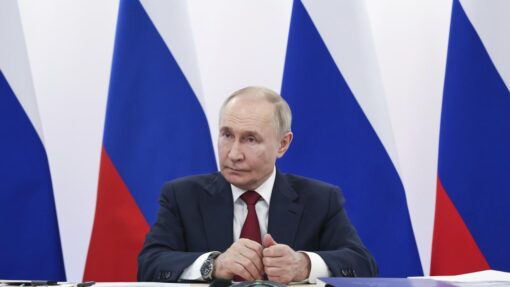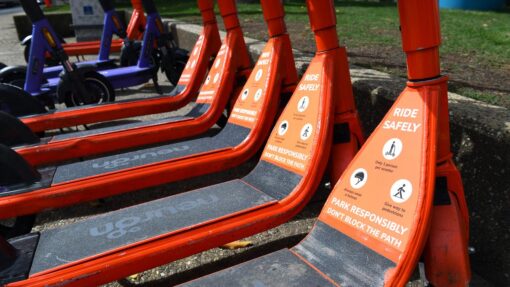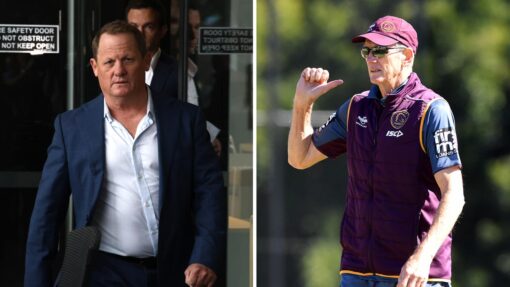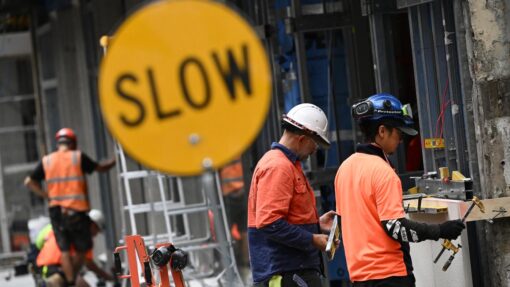Women harnessing power of Indigenous matriarchy
Keira Jenkins |

Nestled within the vastness of Western Australia’s Pilbara region, women in the town of Roebourne are combining the ancient and contemporary in the hope of nurturing the next generation of local leaders.
Blending film, animation, music, song, movement and spoken word with traditional knowledge, the Punkaliyarra Project aims to build up storytelling and leadership skills and re-engage young women in education.
Co-creator and local Yindjibarndi woman Michelle Adams said as well as fostering these skills, it was just as important to connect the participants to their culture.
“These stories are thousands of years old, and part of a living culture, we advocate change through these stories,” she said.
“These stories allow us to bring back our inclusive ways, because that’s truly the value of Aboriginal culture, through Indigenous ways.”
“When we’re transmitting culture and young people are engaged, because it speaks to the spirit, we can then map out literacy to a child’s strength rather than one size fits all,” Ms Adams said.
Just over a third of people in Roebourne continue education beyond year 10, according to the Australian Bureau of Statistics.

Over 70 young women have participated in the Punkaliyarra Project, run by hART, a group working with communities to tackle disadvantage through art.
Ms Adams said she can see the difference the project is making, with the young women taking part talking more about goals and seeing how music and art can work to take them places.
“The young women are actually talking more goals and seeing outside of what music and art can work to take you places,” she said.
“For them, that’s big accomplishments.”
One participant, Alice, said she enjoyed camping on Country with senior women and elders, like her grandmother during the program.
“I feel happy and calm hearing stories from my nanna and our Yindjibarndi language,’ she said.
‘It’s important for kids to go on Country with their old people, so we can learn. We learn about our language. I feel strong when I’m with my family. I feel strong when I’m on Country.”

Further south, in Perth, Narelle Henry runs a mentoring program for First Nations women to connect, undertake professional development and build social networks.
The online platform links members together to create a nurturing community where Indigenous voices are valued and uplifted
The seeds for Ember Connect were planted when Ms Henry, a former athlete was in the United States.
“I went to college in North Carolina and I walked immediately into a family – a basketball team,” she said.
“There was such a strong connection and spirit … I haven’t seen that much in Australia.
“We just don’t have the social capital network to be able to open doors in the way a lot of people do.”
Ms Henry, a Noongar woman, started the program in July 2022. There are now more than 4000 members across the country.
One member of Ember Connect, Tracey, was struggling with her confidence and sense of self.
After building a relationship with her mentor Tracey said she had a new mindset on life, well beyond her professional development.
‘This professional mentorship was the catalyst for a waterfall of positive changes to my family’s life,” she said.
“Now I feel capable of making a real difference, I’ve achieved more than I could have imagined.”
Ms Henry said that developing these relationships was making a big difference for many members, who can then use the skills and connections they’ve cultivated through Ember Connect at work, with family and community.
“Sometimes it takes one person who can then make huge differences to a number of others,” she said.
Both the Punkaliyarra and Ember Connect projects have received grants from community funding provider 100 Women, which is a ‘giving circle’ where members donate money to a grant pool.
The pool is then used to fund projects which support women and girls, as voted by the members who have donated.
“What we know is that if we support women to be empowered and healthy and strong and safe, it actually has ripple effects through an entire community, so everyone benefits,” 100 Women chair Virginia Milltrup said.
The Punkaliyarra Project has received $50,000, and Ember Connect $25,000 out of more than $200,000 in 100 Women grants.

Ms Adams said it was wonderful to receive the grant for Punkaliyarra to deliver their program for more young women in Roebourne.
“We are hitting the mark and if a grant can allow us to make the Punkaliyarra Project more embedded … it’s really wonderful.”
Ms Henry said the $25,000 grant Ember Connect received will allow them to reach more women.
“It’s amazing that we get to grow, we get to be more innovative in our operations and we get to bring those really good ideas to women where they’re at,” she said.
“It’s nice from such a reputable organisation and an incredible bunch of people to get some validation, some positive reinforcement to keep going.”
AAP


